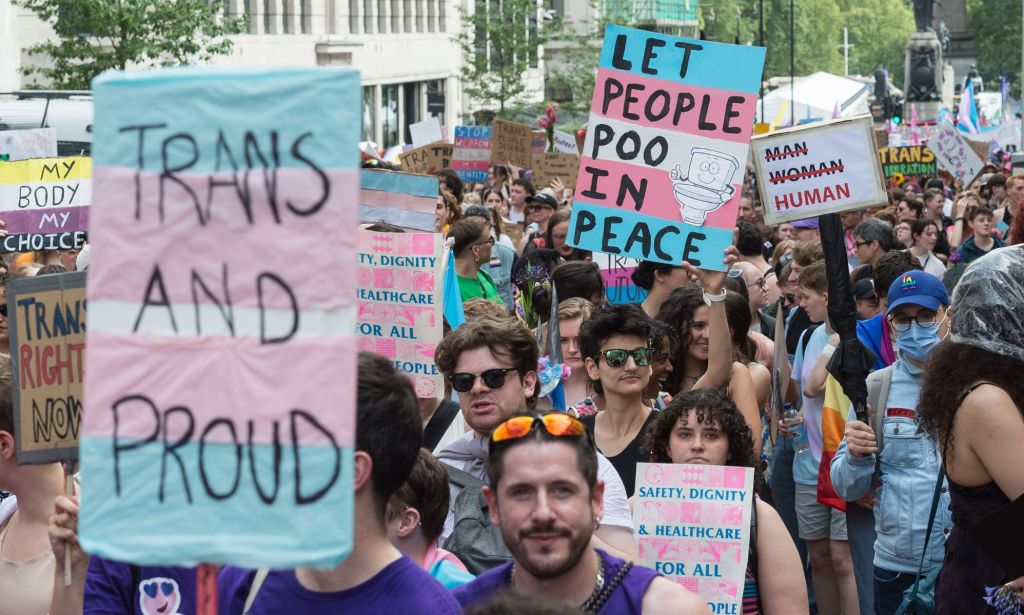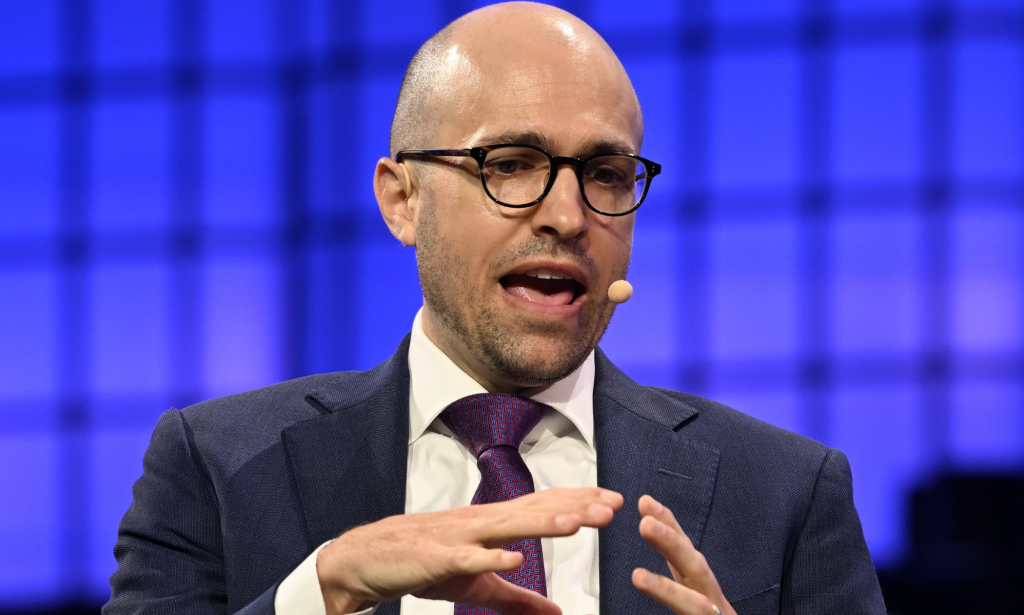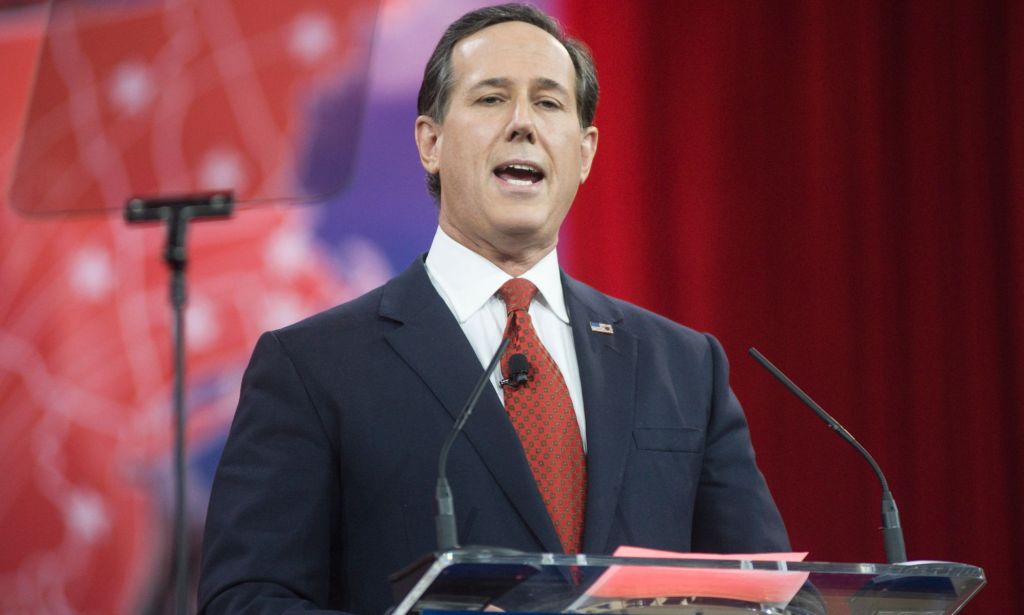US claims vital UN human rights policy is too ‘woke’ to pass
The US has twice been the only country to vote against UN human rights policies over what it has branded “globalist” woke ideology.
Last month, deputy US representative Jonathan Shrier denounced a set of resolutions protecting humanitarian workers as “nothing more than a globalist wish list of divisive cultural causes”.
The resolutions, dubbed the “Safety and Security of Humanitarian Personnel and Protection of United Nations personnel and the “International Cooperation on Humanitarian Assistance in the Field of Natural Disasters, from Relief to Development” would both implement fundamental human rights protections in line with UN mandates on human rights development across its nation states.
In the lead-up to a vote on the resolutions, US representatives claimed the resolutions contained “highly controversial” language which they believed conflated “LGBTQ and other sexual rights” with reproductive healthcare.
The north American country was the only member state to vote against the resolutions in both votes over December, according to LGBTQ+ Nation.
Justifying the decision, Shrier said in a statement that the Trump administration refused to “advance radical gender ideology in the UN”, claiming the policies “distract from and directly undermine the real work to protect and promote the rights of women and girls around the world”.
“This text reads as nothing more than a globalist wish list of divisive cultural causes including climate, sexual and reproductive health, gender, and the perverse donor-recipient industrial complex,” he continued. “It is completely at odds with the Trump Administration’s bold and pragmatic foreign policy.”
He further accused UN members of becoming “obsessed” with what he described as “gender insanity and other terrible ideas.”
“There is a notion that slightly reducing instances of this absurd language is somehow enough to remedy the affliction. it is not,” he said. “We must remove all of this insanity from our work.”
The US’ dissent marks the first time in three decades that the annual resolutions have failed consensus adoption.
Christina Markus Lassen, Denmark’s delegate acting on behalf of the European Union, urged members not to politicise the respective resolution’s basic and fundamental protections at a time when humanitarian workers are increasingly under threat from attacks.
“This sobering reality puts millions of lives at risk, triggering a massive humanitarian crisis around the globe,” she said.
Other delegates, including those from the UK and Indonesia, expressed further concern that a failure to pass the resolution would result in even more humanitarian deaths, particularly in regions such as the Gaza Strip.






